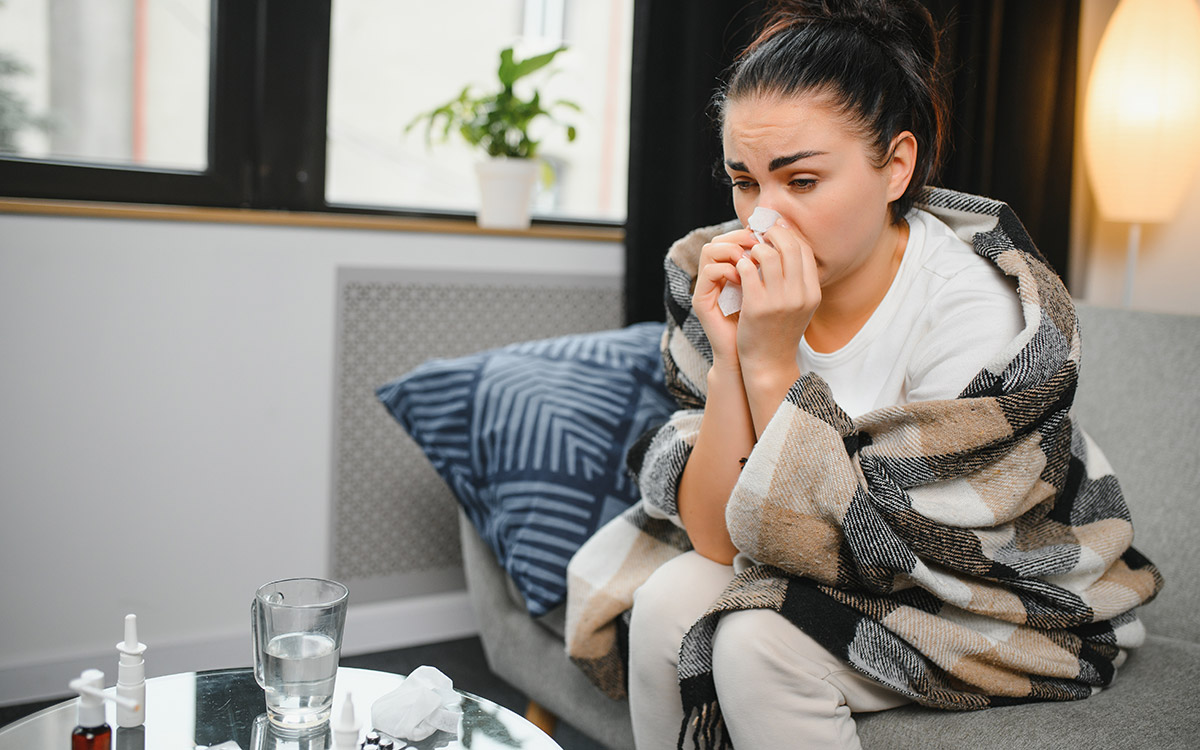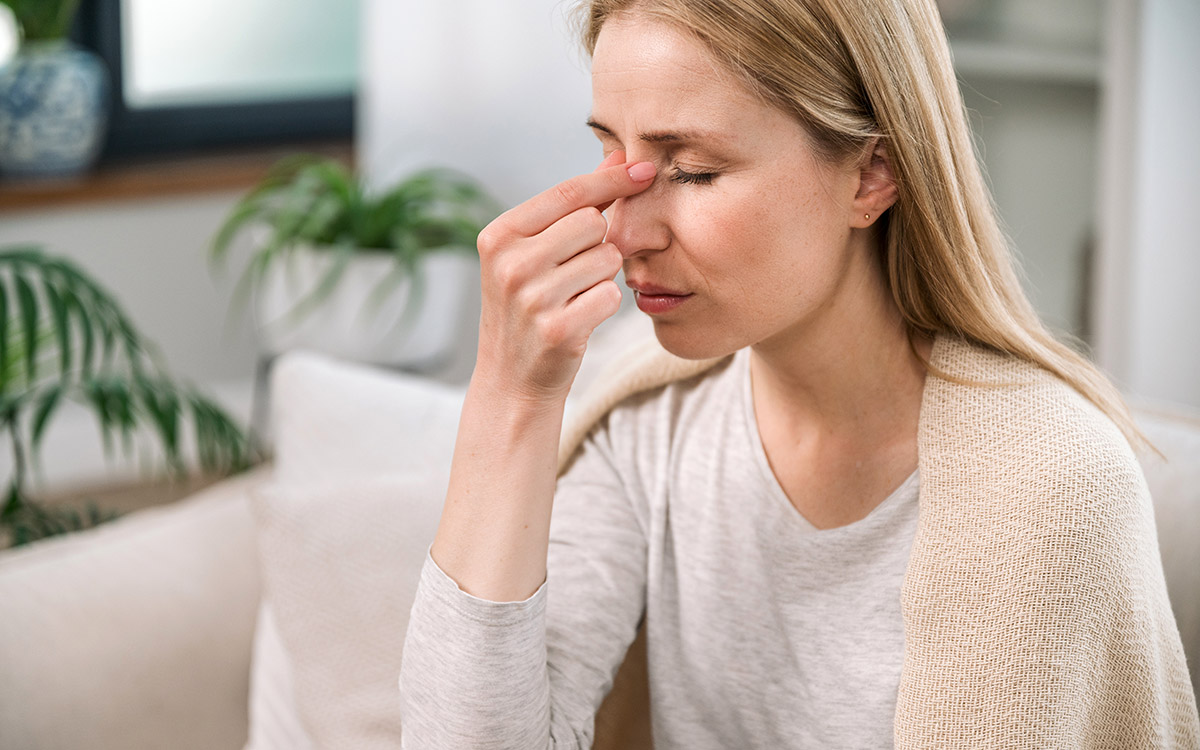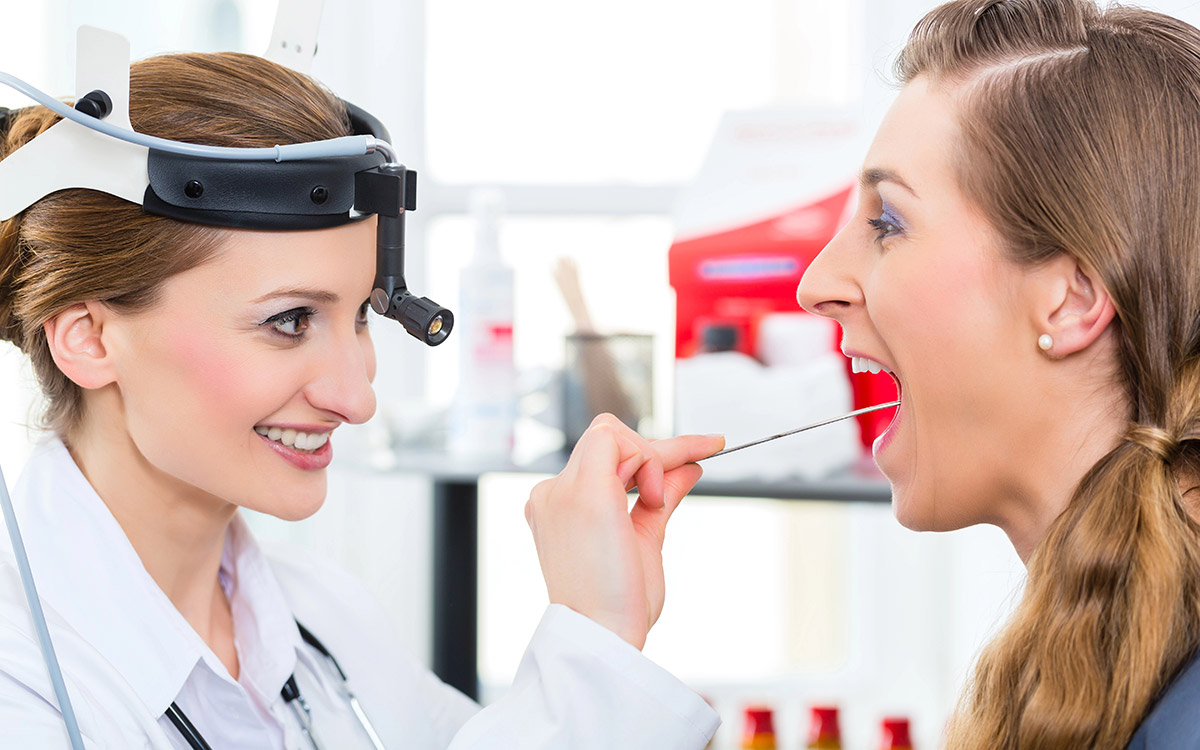There are key differences between andropause and menopause. This guide provides vital information on these two conditions.
Men and women go through major life changes during their mid-life years, but the experience is different. Andropause is a natural process that occurs with aging in some men, while menopause is a life change experienced by all women.
These circumstances result in hormonal changes that impact the body and mind. A decrease in the production of female reproductive hormones, such as estrogen and progesterone, characterizes menopause.
Andropause, also known as male menopause, is a term that describes the gradual decline in testosterone production that occurs with age.
What is Menopause?
Menopause is a natural part of aging, caused by a decline in estrogen production by the ovaries. A woman goes through menopause when she has not had a period for twelve months or more. It happens at any age after 40, but most women go through menopause between 45 and 55.
Estrogen is essential for keeping bones strong and supports other body functions, such as regulating reproductive organs and protecting against heart disease.
The average age for menopause in the United States is 51 years, according to the American College of Obstetricians and Gynecologists (ACOG). But it can happen earlier or later if you have an early hysterectomy or medical issues that prevent you from having children.
What Causes Menopause?
It occurs when the body’s ovaries stop releasing eggs and producing estrogen, essential for maintaining bone density and preventing osteoporosis. It happens as women age, but some may also experience early menopause due to certain health conditions or treatments for other conditions.
Symptoms
The symptoms of menopause include;
- Hot flashes
- Night sweats
- Vaginal dryness
- Mood changes (depression and anxiety)
- Bloating around the abdomen
- Weight gain or loss
- Low libido
- Pain during sex.
Luckily, these symptoms are treated naturally with lifestyle changes and supplements like bioidentical hormone replacement therapy (BHRT). (BHRT) uses hormones chemically identical to those produced in your body and has shown fewer side effects compared to traditional HRT.
Hormone replacement therapy (HRT) is a common treatment for menopause. It uses estrogen, progesterone, and testosterone to replace the hormones that decrease during menopause. It helps alleviate symptoms like hot flashes, night sweats, vaginal dryness, and irritation.
Other non-hormonal treatments for managing menopausal symptoms are lifestyle changes and exercising regularly.
What is Andropause?
Andropause describes the decline in testosterone levels that occurs as men age. It is also known as male menopause, andropause syndrome, or partial androgen deficiency in aging males (PADAM).
It’s caused by a decrease in the testes’ ability to produce testosterone, which is the hormone that contributes to male physical characteristics such as facial hair, muscle mass, and body fat distribution.
The Urology journal shows that 38% of infertile men reported Andropause symptoms, while 21% reported andropause symptoms in fertile men.
Patients and doctors do not understand andropause well. It is often mistaken for conditions like erectile dysfunction or depression (lower cases). Making it difficult for men to receive proper treatment.
It is also important to understand that andropause does not affect all men and can be hard to diagnose without a urologist’s intervention. Evaluation and Management of Testosterone deficiency 2018 provided a guide to diagnose and manage andropause symptoms.
Causes of Andropause
Many factors can contribute to low testosterone in men. Some of these include; unhealthy diet, stress, lack of sleep, depression, medications, and certain medical conditions such as obesity or diabetes.
Symptoms
The symptoms of andropause include:
- Decreased libido
- Fatigue and lack of energy
- Muscle weakness
- Poor concentration
- Depression and irritability
- Thinning body hair
Treatment
While there are no medications currently approved by the FDA for the treatment of andropause, several options can help men cope with the symptoms of this condition. These include hormone replacement therapy (HRT), lifestyle changes such as exercise and diet adjustments, and alternative therapies such as acupuncture and yoga, which help restore your hormones’ balance and improve your quality of life.
Research has also shown that weight loss can help alleviate or reduce many symptoms associated with andropause.
Studies have also shown that regular exercise can help improve mood and reduce fatigue in men experiencing andropause symptoms.
Before starting any treatment, consult your doctor to rule out other conditions with similar symptoms, like diabetes.
Andropause Vs. Menopause: The Key Differences
Menopause Affects Fertility, While Andropause Does Not
Menopause is the end of a woman’s reproductive life. It marks when she stops having periods and cannot get pregnant. Menopause is caused by a decrease in the production Of the female hormones estrogen, progesterone, and follicle-stimulating hormone (FSH). As these hormones decrease, they reduce your body’s ability to ovulate and chances of conceiving.
Men may experience symptoms such as erectile dysfunction or low libido and depression, and anxiety during this time period, but this does not affect their ability to father children.
It Occurs Differently
Andropause happens gradually over time and takes place over many years. Women going through menopause experience symptoms for about five years before their periods stop completely.
All women experience menopause, while Andropause only occurs in some men
Menopause is a natural process all women go through. It occurs when a woman’s ovaries stop producing eggs, and her estrogen levels decline.
Although menopause is a normal part of aging, you should talk to your physician about treatment options if you would like relief from symptoms you are experiencing such as hot flashes or vaginal dryness.
When men reach their early 40s, testosterone production declines, causing andropause. While some men experience these symptoms, they are not all-encompassing like menopause is for women. Some men may not encounter andropause at all.
Andropause affects around 20 percent of all men between the ages of 45 and 60 years old, according to the American Urological Association (AUA).
Experiencing Andropause Or Menopause Symptoms? Seek Medical Advice
Hormone production and the biological system slow down as we age, bringing about the changes associated with andropause or menopause. If you are experiencing these symptoms, you may benefit from medical help. There are specific treatments to help manage and reduce these symptoms, but only your doctor can prescribe them.
To ensure you are getting quality service and working with professionals who understand your need and treat you with care, consider reaching out to King’s Pharmacy and Compounding Center. For more information about our services click here or contact us today!










